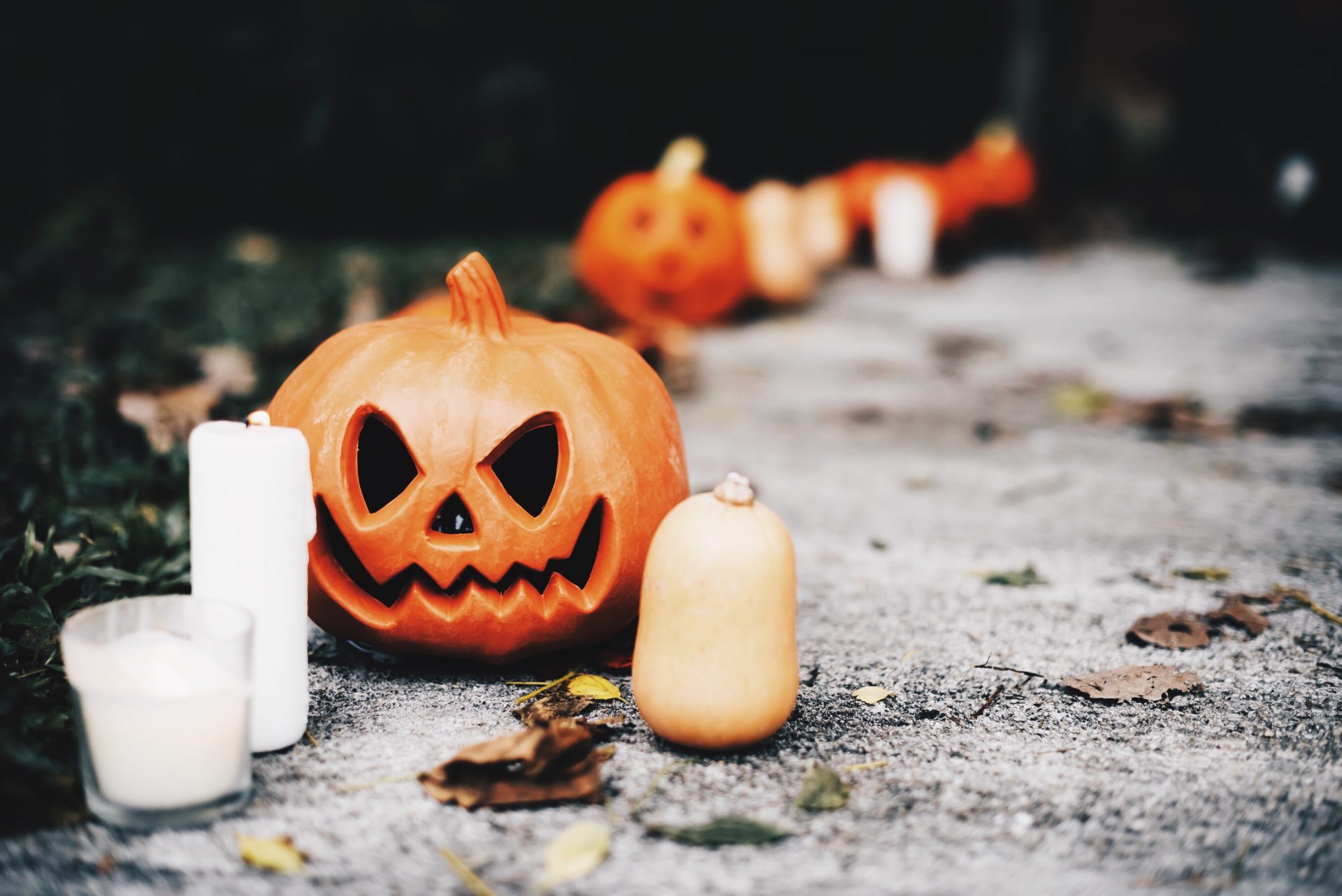It happens all too often, a young woman coming to see me in the clinic after a recent visit to the emergency room – it’s always the same description.
I went to the emergency room because I thought I was having a heart attack. I started trembling, I felt like I couldn’t breathe, I felt chest pain, I was dizzy, my heart was racing and I felt like I was going to die.
After countless hours spent in the ER and thousands of dollars spent on electrocardiograms (EKGs), blood work, and other tests, she was released to follow-up with her primary care provider for anxiety.
Anxiety attacks are a combination of physical and mental symptoms that are intense and overwhelming. Often, anxiety can create physical symptoms that are so severe they mimic serious health problems and can be very debilitating. According to the National Institute of Mental Health, anxiety disorders are the most common mental illness in the United States, affecting 40 million adults.
Women are 60% more likely than men to experience an anxiety disorder.
Not shocking, as I see it more amongst my female patients, friends and family.
Is it all the pressure we place on ourselves to compete with men? Could it be our giant to-do lists and craziness at work compiled with making time to go the gym, prepare meals, do homework with kids, and spend time with our family and friends? What is it that makes us more anxious?
Why are women more likely to experience anxiety?
Anxiety disorders are caused by a combination of biological, psychological, and environmental factors. What is it then, specifically, that makes women more likely to suffer from anxiety than men? According to the Anxiety And Depression Association Of America, differences in brain chemistry may account for at least part of these differences. The brain system involved in the fight-or-flight response is activated more readily in women and stays activated longer than men, partly as a result of the action of our female hormones estrogen and progesterone.
The neurotransmitter serotonin, known to be mood-boosting, may also play a role in how we respond to stress and anxiety. Some evidence suggests that the female brain does not process serotonin as quickly as the male brain. Recent research has also found that women are more sensitive to low levels of corticotropin-releasing factor (CRF), a hormone that organizes stress responses in mammals, making them twice as vulnerable as men to stress-related disorders.
Could Our Diet Affect Anxiety?
For years scientists have known that our diets are full of unhealthy sugars, but they do not believe that diet alone causes anxiety. Researchers believe that diet makes anxiety symptoms worse because it makes it harder for our body to cope with stress. How do sugary foods and drinks do this? To understand this concept we have to understand what happens in our bodies when we ingest sugar.
When we consume sugar, especially when we consume large quantities of simple sugars that flood our bloodstream, our body has to release insulin to get this sugar into our cells so that we can use it as energy. This transport of sugar into our cells causes our blood sugar to drop rapidly and is commonly referred to as the “sugar crash”. We’ve all felt these “sugar crash” symptoms of irritability, hunger, shakiness, nervousness, and intense cravings (usually for more sugar).
Something else happens when we eat sugar, our body releases the neurotransmitter dopamine, a natural opioid. By the way, dopamine release is also what makes sugar addictive. As our bodies metabolize the sugar, our brain levels of feel-good chemicals decrease. This may also lead to low mood, anxiety, fatigue, intense cravings and a lack of interest in things. Both the drop in blood sugar and dopamine cause physiological manifestations that make it difficult for us to deal with stress as well as mimicking and even triggering anxiety symptoms.
Animal research seems to confirm these symptoms. A study in 2008 found that rats that went on a sugar binge and then were deprived of food seemed to have a dopamine imbalance that lead to increased anxiety. Another study published in 2009 found that long term sugar use seemed more likely to impair memory and reduce the ability to fight anxiety, although the mechanisms of this are unclear. These seem to indicate that sugar will affect your ability to live with anxiety, even if it is not causing the anxiety itself.
Making some modifications to our diet may help. We can start by eating a diet of real whole foods in conjunction with cutting down on refined sugars. This can significantly impact our ability to cope with stress, provide more stable energy, stabilize our blood sugar, and improve our overall health. It may even reduce our anxiety triggers. If your anxiety is severe or interferes with your day to day activities or enjoyment of life, you may need to see your healthcare provider.
References
Avena, Nicole M., et al. After daily bingeing on a sucrose solution, food deprivation induces anxiety and accumbens dopamine/acetylcholine imbalance. Physiology & behavior (2008). Chepulis, Lynne M., et al. The effects of long-term honey, sucrose or sugar-free diets on memory and anxiety in rats. Physiology & behavior 97.3 (2009): 359-368.








